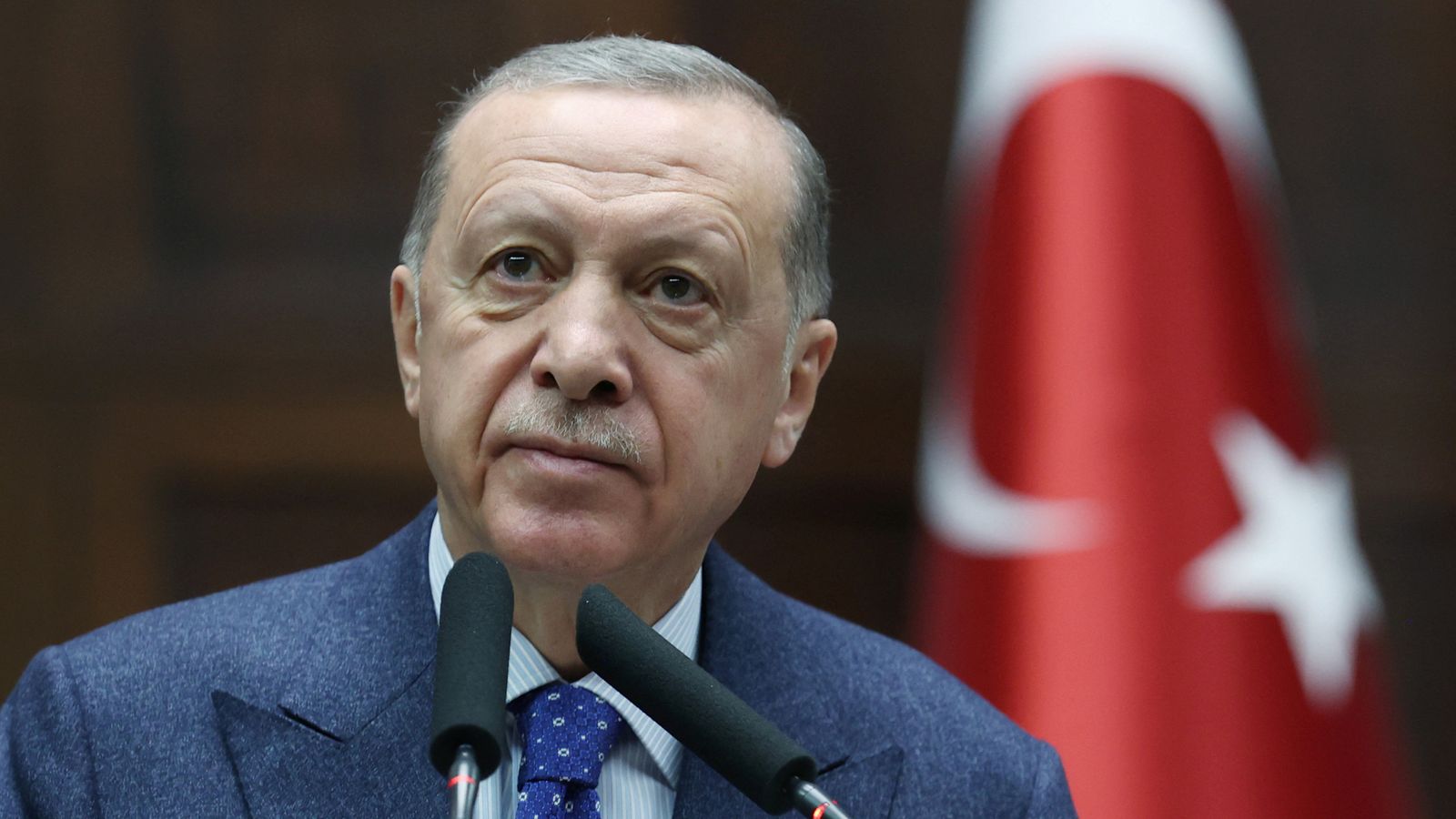Turkey concerned about Kurdish fighters near Kirkuk
Any move into Kirkuk would raise suspicions in Turkey, where the Prime Minister has warned Kurds that taking Kirkuk or Mosul would constitute grounds for a Turkish military intervention in northern Iraq.
Alison Caldwell reports.
ALISON CALDWELL: Iraqi troops guarding the city of Kirkuk in the country’s north are gradually being pushed back by Coalition air strikes, making way for Kurdish fighters and US special forces. According to the most recent reports, Kurdish peshmergas are now within 5 kilometres of the city, too close, according to Turkish Government officials in Ankara.
Turkey is threatening to intervene in northern Iraq if the Kurds make a move on oil rich Kirkuk or Mosul. Turkey fears control of local oil resources would inspire Iraqi Kurds to move towards independence, a move which could set an example to the millions of Kurds across the border in Turkey.
It’s a claim the Kurds have consistently denied. The two main Kurdish factions controlling northern Iraq are the Patriotic Union of Kurdistan, or the PUK, and the Kurdistan Democratic Party, the KDP.
The KDP’s representative in Australia is Haval Dasko. He says while Kirkuk is the heart of Kurdistan, his people have no immediate plans to mount an attack.
HAVAL DASKO: Kirkuk is very, very important to us. But as we said, we don’t have any plans at the moment to attack Kirkuk. At present we don’t have any plan to do anything independently. We are part of the Coalition and we will do anything to assist to American force in the area.
ALISON CALDWELL: As it is, neither the KDP nor the PUK will do or say anything which could undermine the Coalition’s mission in Iraq. The Kurds want nothing more than to see the end of the Iraqi regime, and beyond that, they would hope to retain their autonomy in some form. Upsetting the Coalition is the last thing they can afford to do right now.
The PUK’s Spokesman in Australia is Simko Halmet.
SIMKO HALMET: The Kurds are part of the Coalition, part of the troops which the Americans will supervise on the Coalition in the area and the Kurds won’t be making any moves unless it’s under the American supervision.
ALISON CALDWELL: But you couldn’t blame the Turks for being concerned. As soon as that Coalition dissolves there is the possibility that the Kurds would want to take control of Kirkuk and Mosul, the oil rich areas as a way, as a step on the way to independence?
SIMKO HALMET: I believe that we don’t have any aims to have independent or to have authority on these areas but on the other hand, we believe that we should be under normal citizenship like the rest of the Iraqis, we were not accepted, [in] what happened before, during the Iraqis Ba’ath regime, Saddam’s regime when he was in power.
That’s why we’re aiming to be part of the united, comprehensive, democratic federal system to be established and the Kurds to be part of that, part of that comprehensive, democratic country.
ALISON CALDWELL: Meanwhile, further north, scores of Islamic militants have offered to surrender to Kurdish fighters, according to the LA Times. After recent attacks by US forces, the surviving members of Ansar al-Islam retreated deeper into the mountains on the border with Iran.
But denied entry by Iranian authorities they are now said to be making their way back into Kurdish-controlled territory. In the past, when PUK fighters have surrendered to members of Ansar al-Islam, they’ve been slaughtered.
But the Ansar al-Islam fighters who will surrender in the days ahead have been assured they won’t meet the same fate. Most of them are youths. Kurdish officials have said that following security checks, younger fighters not involved in killings will be released to their families.
The PUK’s Prime Minister, Dr Barham Salih, has said this is not about vengeance; it’s about justice.


